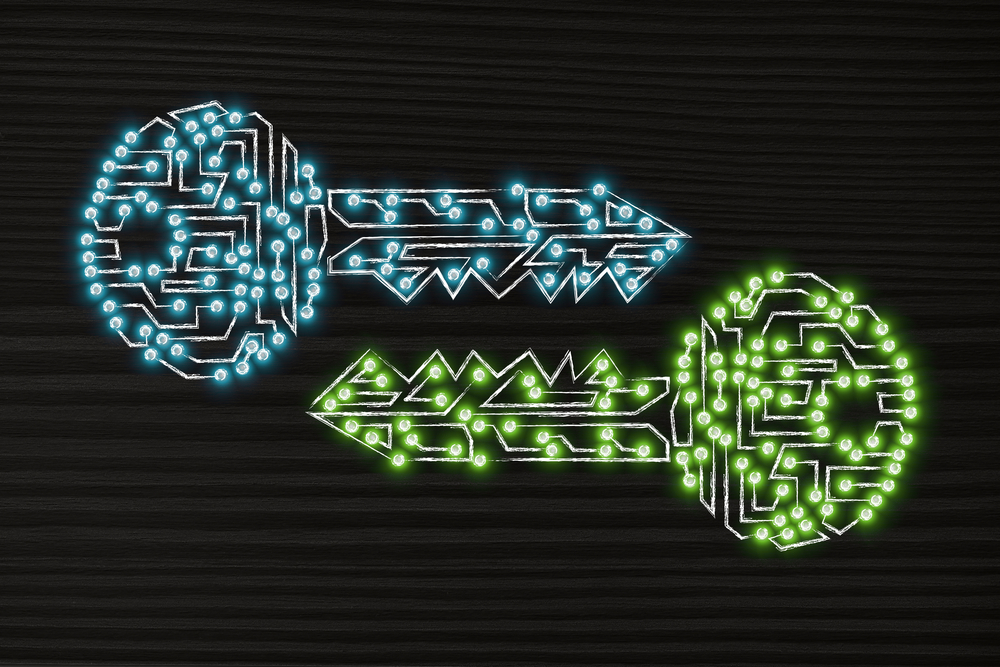One of the greatest computer innovations everyone seems to be eyeing lately is Quantum Computing. In essence, quantum computing exploits quantum mechanics to perform computational tasks far quicker than a traditional computer can. This means that some aspects of Bitcoin could possibly be vulnerable, but how much do we need to worry?
Quantum Computing Might Crack Public-Private Keypairs
Research and development into quantum computing is accelerating, and the results are both interesting and worrying. Recently MIT scientists built a 5 atom quantum computer which threatens the very foundations of modern computer cryptography. The scientists behind the project are confident that their computer will put today’s encryption to shame.
This means that public key encryption which keeps much of Bitcoin secure, could be under threat. If a quantum computer was to be large enough and powerful enough, it could drastically reduce the amount of computational effort needed to discover private keys from public keys. As we all know, the moment private keys are compromised then any coins under control of that key are as good as gone.
How Worried Do We Have To Be?
Well, surprisingly we do not need to be cashing out our Bitcoin anytime soon. Even this most recent development in quantum computing is a long way away from a computer large enough to threaten public key encryption. However, once quantum computers are large enough to take public keys on, the Bitcoin community will have already developed and implemented a solution to protect coins and the network.
Right now Bitcoin actually has a little bit of quantum resistance built into it. As long as users are changing addresses with every new transaction -which is obviously recommended- then they mitigate the exposure their private keys to being cracked. The speed with which a quantum computer would need to break that key is insane for now as well. It would have to crack the key up between the time the transaction is signed and when it is packaged into a block. We are a long way from quantum computers working that quickly.
Bitcoin could also implement softfork changes which would update keys to be far more secure and quantum resistant. Currently Lamport signatures are the most favored but do suffer some down sides. They would be incredibly long and have a finite amount of times a transaction can be signed with one key. The latter may help individuals become better with address reuse, but it could be frustrating to some users. Regardless, the likelihood that the Bitcoin community will be able to come up with a solution before the entire network is under attack is pretty high.
Does This Threaten Satoshi’s “Fortune?”
There is an interesting opportunity though that such a softfork would create. The original coins held by Satoshi Nakamoto, if unmoved by the time the network was securing itself against quantum computing, would either be threatened or moved. This means that someone could potentially steal Satoshi’s fortune or force Satoshi to make a move. Either of these things would be huge developments for the Bitcoin community. It would either prove the continued existence of the coin’s god or show that no one is above being robbed.

